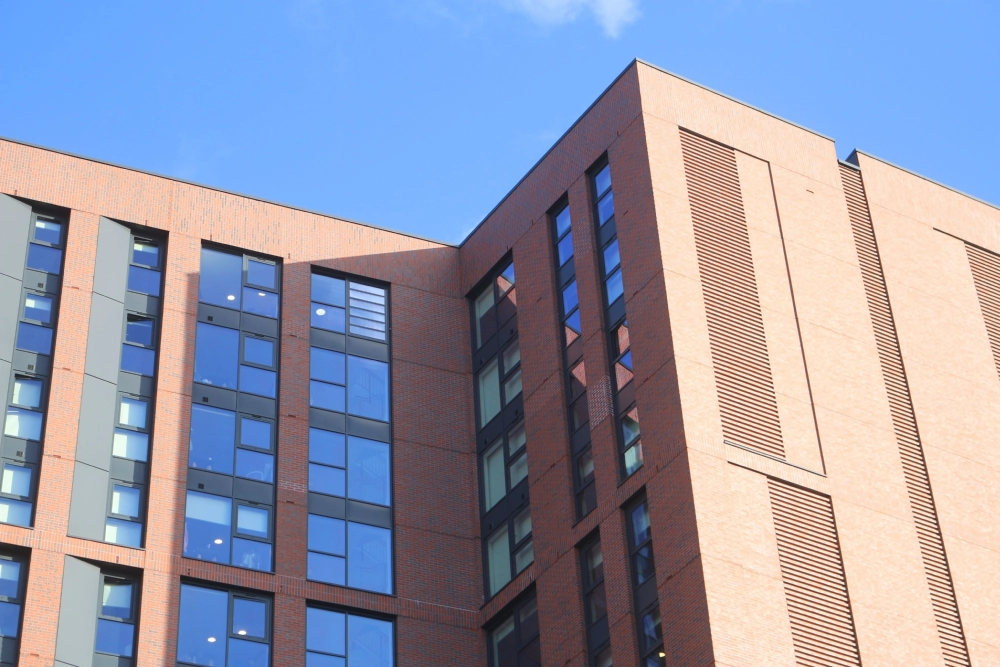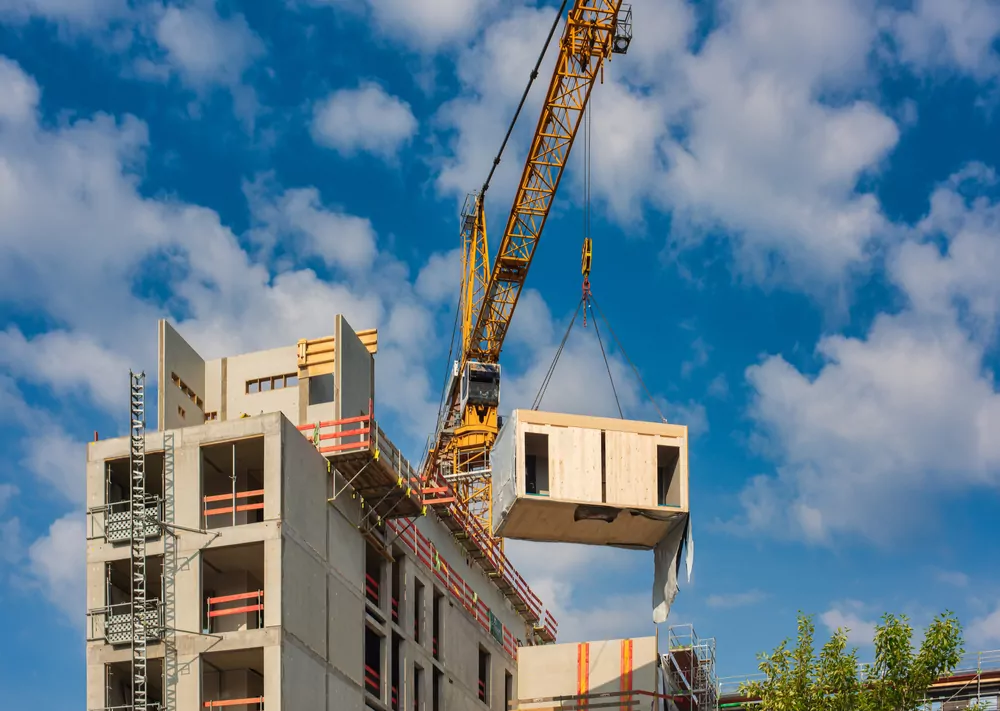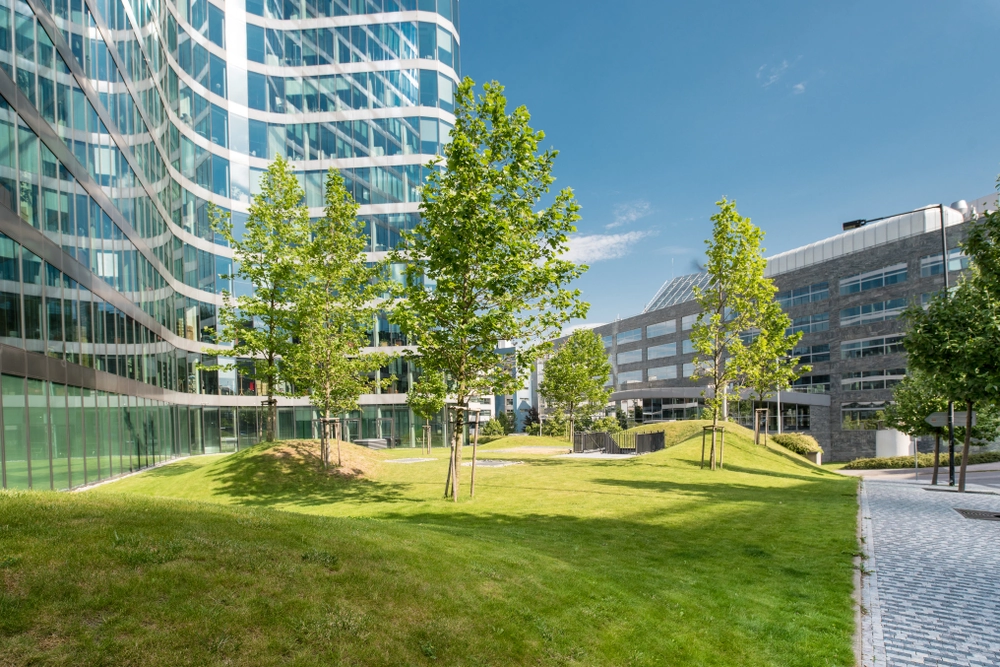
Developers: Fix historic life-critical fire-safety remediation work or go out of business

By Mark Greatholder, Aliki Zeri
30 Nov 2023 | 5 minute read
Following the Grenfell Fire, the Department for Levelling Up, Housing and Communities (DLUHC) wrote on March 31, 2022, to the Home Builders Federation and other major residential property developers, asking them to sign a pledge that said leaseholders would not be responsible for any costs related to life-critical fire-safety remediation work resulting from the design, construction, or renovation of buildings 11 metres and above. This pledge was intended to be formalised by a legally binding contract which was issued to developers on 30 January 2023.
On 3 July 2023 the regulations required to establish a Responsible Actors Scheme (RAS) under the Building Safety Act 2022 entered law and on 21 July 2023 the Responsible Actors Scheme was launched. Under the scheme residential developers who are eligible to join are invited to do so. Upon receipt of an invitation, the developers have 60 days to apply for membership and sign up to the "developer remediation contract" (described as a "Deed of Bilateral Contract relating to developer self-remediation to deliver safe residential and mixed-use buildings of 11 metres and over in height").
As of 2 November, 41 developers are registered as members of the RAS, but more developers may follow suit. Developers who are eligible to join the scheme are expected to do so. Eligible developers who do not join the scheme will be subject to certain prohibitions that could significantly affect future development plans.
What does the Bilateral Agreement say?
A copy of the Bilateral Agreement can be found the government's website. It includes robust obligations on developers with the aim of remedying all life-critical fire safety issues in buildings over 11 meters which they had a role in developing or refurbishing in England over the last 30 years ending on 4 April 2022. Obligations include:
- Identifying and assessing buildings which require work as soon as reasonably practicable after the date of the Bilateral Agreement being entered into between the developer and the DLUHC.
- Carrying out and completing the works (there are various options available to developers under the terms of the Bilateral Agreement, as summarised below).
- Keeping residents informed of progress towards meeting these commitments; and
- Reimbursing taxpayers where public money has been used to fix unsafe buildings.
What might happen if I don't comply?
Failure to sign the Bilateral Agreement could have serious consequences for developers, particularly regarding their ability to operate fully within the housing market. We have summarised these briefly below.
Developers who do not wish to join the RAS when invited, will be added to a published list of entities to which the following prohibitions will apply:
- Prohibition from carrying out 'major development' in England (this includes schemes providing 10 or more residential units and residential schemes on a site at least 0.5 hectares in size (whether it is not known if it will provide 10 units or more).
- Prohibition from obtaining building control approval in respect of works that require such approval.
Additionally, for developers who have entered into a Bilateral Agreement and which subsequently fail to comply with its terms, the Bilateral Agreement provides the DLUHC with various remedies and appropriate consequences.
These prohibitions and consequences are in addition to the reputational damage which may arise from a developer refusing to engage with the RAS or comply with the provisions of the Bilateral Agreement (or any agreements entered into between the developer and the interested parties to the building) and which could reverberate well into the future.
What options does a developer have to discharge its obligation to carry out the works?
In discharging their obligation to carry out the works under the Bilateral Agreement developers have the following three options:
- Undertake the works at their own cost (the "Self-delivery Option").
- Procure the works at their own cost through a suitably experienced and qualified sub-consultant, sub-contractor or supplier (the "Procurement Option").
- Fund the cost of the management company or other entity with responsibility for the affected building (Management Company), in which instance the Management Company is responsible for procuring the works (the "Funding Option").
There are a number of considerations for both developers and Management Companies when selecting the right option. These include expediency of the works, the availability of local labour and the supply chain, the significance of the defects and the likelihood of risks materialising as well as cost.
Are we all clear?
We have experience of advising in the context of both the Procurement Option and the Funding Option and our experience has shown that there is considerable divergence between the parties (developers and Management Companies) of interpretation of the terms of the Bilateral Agreement and the government's intention.
This lack of clarity and mutual understanding could have significant consequences for the parties. Developers may find themselves unable to discharge their obligations under the Bilateral Agreement (including the obligation to remediate defects by the target date communicated to DLUHC). Additional, unquantifiable reputational damage could follow developers in the long term. Management Companies may find themselves exposed to unforeseen costs and long delays in the remediation of defects in the building.
We can help
Foot Anstey is a national law firm which has a dedicated building and fire safety team which forms part of our Developer Sector. We have been instructed by clients to support them with the negotiation of contracts that flow from the Bilateral Agreement and are advising them in the context of the RAS. We have seen, first hand, the issues arising from the interpretation of the Bilateral Agreement and the practical consequences (and strain) that this puts on both developers and Management Companies.
Our experience includes the negotiation of construction contracts for remediation works, as well as the review and negotiation of the agreements that underpin the Funding Option and the Procurement Option referred to above. We are well placed to support both developers and Management Companies in relation to their roles.
Understanding the various options available to you (whether as a developer or a Management Company), the benefits and drawbacks of each option and allowing a frank conversation to take place between all involved parties at the outset, goes a long way into ensuring that life-critical safety defects are remediated as quickly as possible, per the Government's intention.
To find out more, please get in touch with a member of the team below.


















